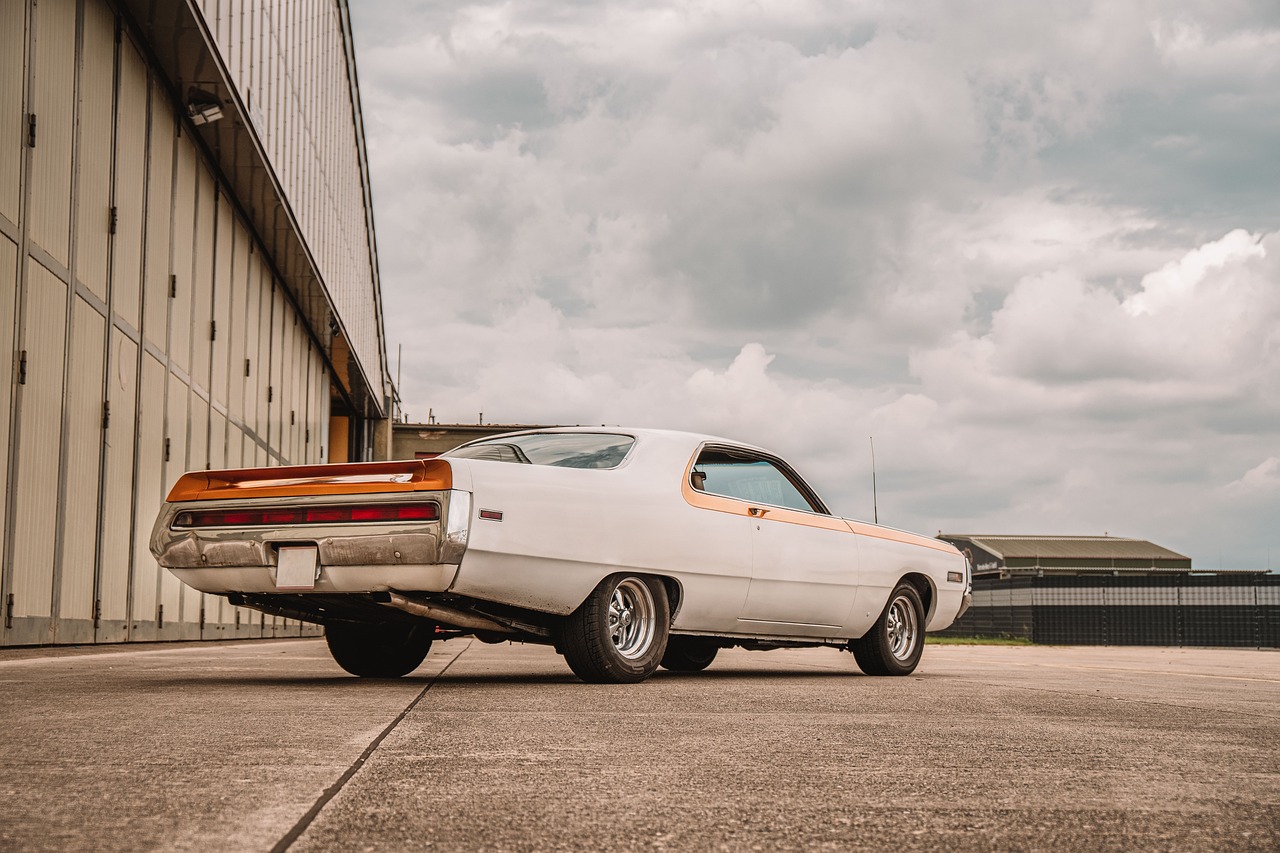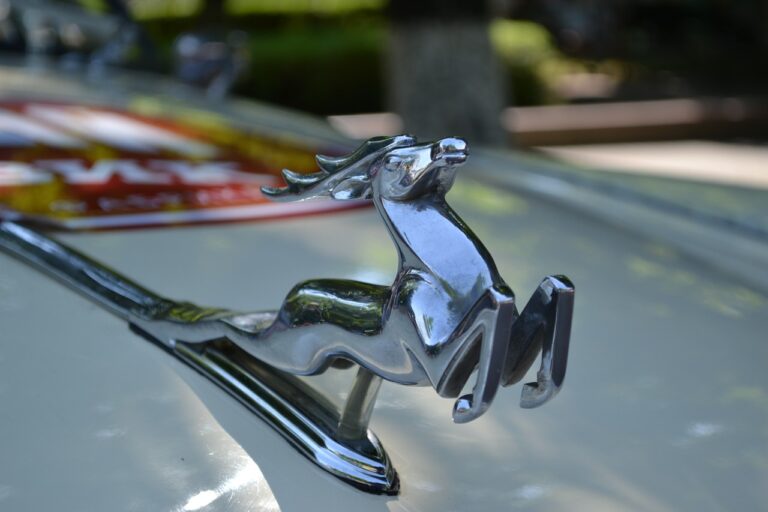Exploring the Potential of AI in Predicting Car Maintenance Costs
Artificial intelligence has revolutionized the way car repairs are anticipated. By analyzing vast amounts of data, AI can predict potential issues with vehicles before they escalate into major problems. This proactive approach not only saves car owners time and money but also enhances the overall safety and performance of their vehicles.
One of the key advantages of AI technology in anticipating car repairs is its ability to provide personalized predictions based on individual driving habits and maintenance history. This tailored approach enables car owners to address potential issues before they become urgent, ensuring a smoother and more efficient maintenance process. With AI at the forefront of anticipating car repairs, the future of vehicle maintenance is set to become more predictive and proactive.
How AI Technology Can Forecast Vehicle Maintenance Expenses
Artificial Intelligence (AI) technology has revolutionized the way vehicle maintenance expenses are forecasted. By analyzing vast amounts of data collected from vehicles, AI can predict potential issues before they occur, allowing car owners to anticipate and budget for necessary repairs. This forecasting ability helps in avoiding unexpected breakdowns and costly repairs, leading to better vehicle performance and increased safety on the road.
Moreover, AI algorithms can factor in various elements such as a vehicle’s make and model, usage patterns, and historical maintenance records to provide accurate estimates of future service costs. This proactive approach enables car owners to plan their finances effectively and stay ahead of maintenance needs, ultimately prolonging the lifespan of their vehicles. With the use of AI technology, staying on top of vehicle maintenance has become more convenient and cost-effective for drivers seeking to maintain their cars in optimal condition.
Benefits of AI in Estimating Future Car Service Costs
AI technology plays a crucial role in estimating future car service costs by analyzing a myriad of data points and patterns. By utilizing machine learning algorithms, AI can predict potential issues that may arise in a vehicle based on historical data and current conditions. This predictive analysis enables car owners to plan and budget for maintenance expenses in advance, ultimately saving them time, money, and hassle in the long run.
Furthermore, AI’s ability to forecast car service costs allows for better decision-making when it comes to vehicle maintenance. With AI-generated insights into potential repairs and their associated costs, car owners can prioritize necessary repairs, schedule maintenance proactively, and avoid unexpected breakdowns. This proactive approach not only ensures the longevity and performance of the vehicle but also enhances the overall driving experience for the car owner.
• AI technology utilizes machine learning algorithms to predict potential issues in a vehicle based on historical data and current conditions
• Predictive analysis enables car owners to plan and budget for maintenance expenses in advance
• Saves time, money, and hassle in the long run by avoiding unexpected breakdowns
• AI-generated insights into potential repairs help prioritize necessary maintenance tasks
• Proactive approach ensures longevity and performance of the vehicle
How does AI technology help in anticipating car repairs?
AI technology utilizes historical data and patterns to predict potential car repair issues before they occur, allowing car owners to plan and budget for future maintenance expenses.
Can AI accurately forecast vehicle maintenance expenses?
Yes, AI can accurately forecast vehicle maintenance expenses by analyzing data such as car usage, driving habits, and previous repair records to estimate future service costs.
What are the benefits of using AI in estimating future car service costs?
Some benefits of using AI in estimating future car service costs include cost savings through proactive maintenance, increased efficiency in budget planning, and improved overall vehicle performance and longevity.





